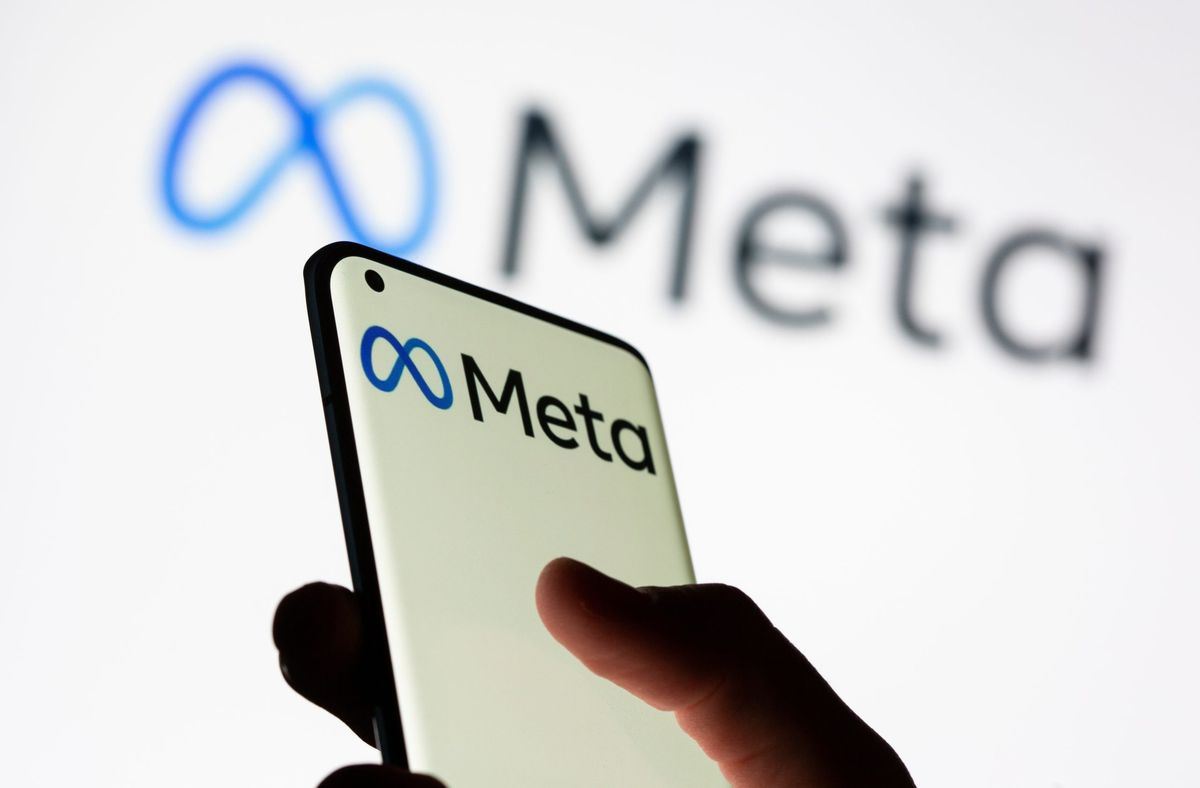Foreign influence social media campaigns are back targeting US voters

A few minutes every morning is all you need.
Stay up to date on the world's Headlines and Human Stories. It's fun, it's factual, it's fluff-free.
Over the past few years, spam accounts on social media used to influence elections have (alarmingly) become the norm. When it comes to American elections, this phenomenon seems to repeat itself again and again. Back in 2014, Russia developed a so-called “troll farm" to spread false and offensive messages on social media to influence the 2016 presidential election. Russia also baited American voters into following accounts that broadcast bogus stories to stir up political views.
Now, Meta says it’s brought down the first-known Chinese propaganda operation, targeting US users with political content ahead of the midterm elections this November. And there was another entirely unrelated influence campaign coming from Russia that Meta shut down. The Chinese network carried little clout, but the Russian campaign was pretty major, with over 2,000 Facebook accounts and pages. Meta says it’s on high alert for foreign interference in the elections and is notifying Twitter of suspicious accounts.
Key comments:
“The Chinese operations we’ve taken down before talked primarily about America to the world, primarily in South Asia, not to Americans about themselves. Essentially the message was ‘America bad, China good,'" Meta global threat intelligence lead Ben Nimmo told a press briefing.
Nimmo explained of the newest operations brought down: “They were running fake accounts that pretended to be Americans and try to talk like Americans, and they were talking about really divisive domestic issues like abortion and gun control."
Meta’s report on the Russian operation details: “[This was the] largest and most complex Russian operation we’ve disrupted since the war in Ukraine began; it ran a sprawling network of over 60 websites impersonating news organizations, as well as accounts on Facebook, Instagram, YouTube, Telegram, Twitter."




Comments ()